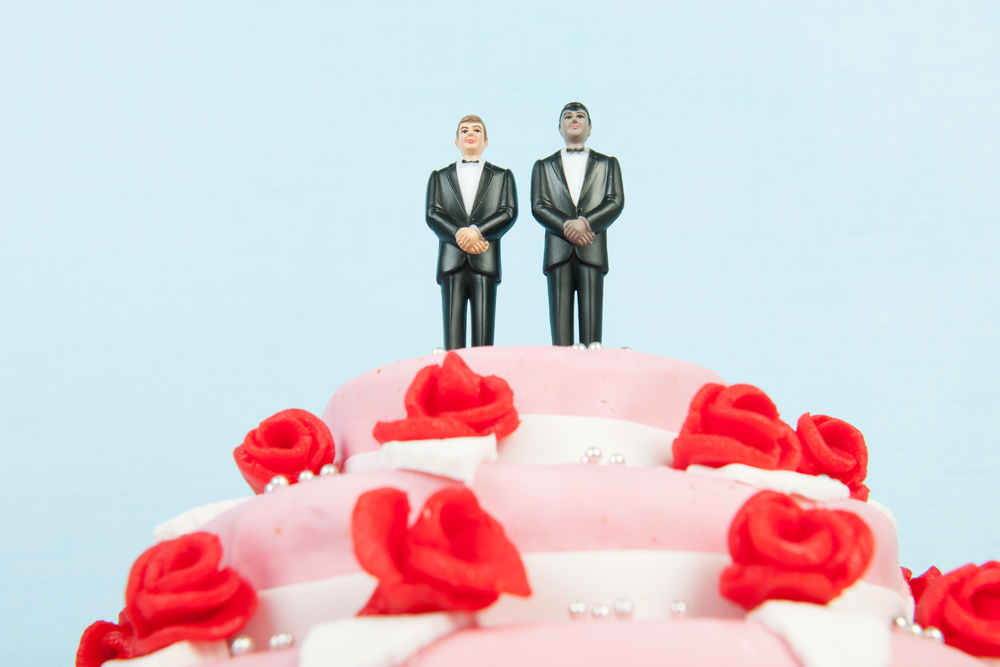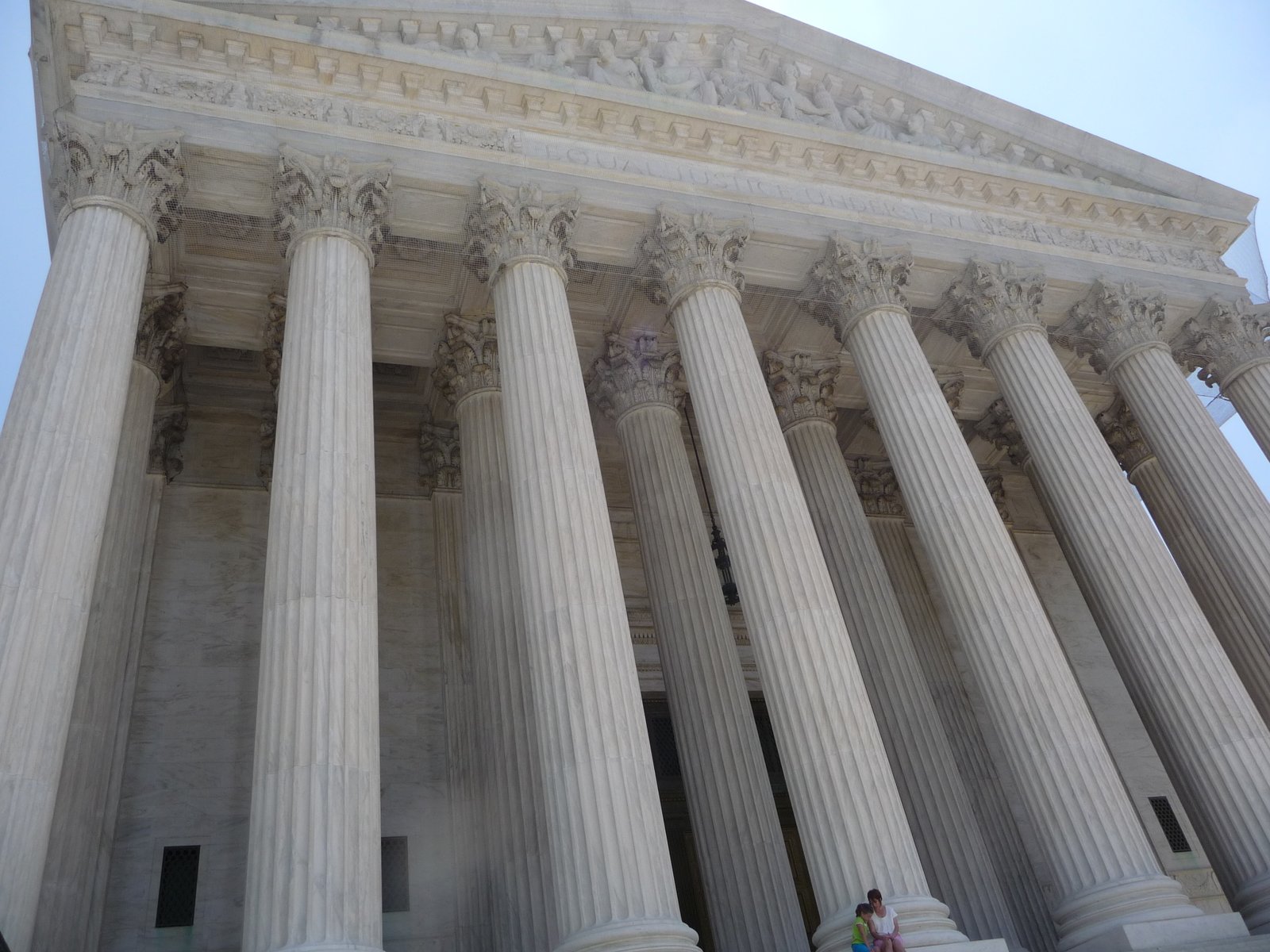
[dc]T[/dc]he high-profile issue of whether businesses can be compelled under state or local laws to provide services in violation of the religious beliefs of the owners has yet to be heard in the Supreme Court. Where state anti-discrimination laws apply, business owners who have religious objections to has participating have faced significant fines and have closed their doors. If Federal law compels religious business owners to act in violation of their faith, the Supreme Court has found that their rights are protected under the federal Religious Freedom Restoration Act in Burwell v. Hobby Lobby Stores (2014), but the Court has not issued recent rulings involving claims of state level free exercise violations.
The Supreme Court is currently considering whether to hear Masterpiece Cakeshop, Ltd. V. Colorado Civil Rights Commission (Docket No. 16-111). This case involves a bakery owner who refused on religious grounds to “design and create” a cake for a same-sex marriage ceremony. The owner is arguing that the statute violated both his right to free speech and free exercise of religion.
There are several reasons why the Supreme Court may decide to hear this case when it declined to hear previous religious exception cases.
Masterpiece Cakeshop has been consistently framed
In 2014, the Court declined to hear a case involving a New Mexico photography studio. The highly-publicized case of Elane Photography v. Willock (Docket No. 13-585, cert. denied 4/7/2014) involved a photographer who refused on religious grounds to photograph a lesbian couple’s commitment ceremony. The Supreme Court of New Mexico upheld a fine against her for violating a state law that prohibits commercial businesses from discriminating against same-sex couples.
In Elane Photography, the photographer had initially argued that the state law violated her right to free exercise of religion, but when she appealed the case to the Supreme Court, she argued made a free speech argument. Although the Court did not explain its rationale in declining to hear the case, it is quite possible that the Court felt the argument was disjointed because the free speech argument that reached the Court was different from the free exercise argument raised at the lower levels.
Masterpiece Cakeshop does not involve a complex “substantially underinclusive” regulation
In Stormans v. Wiesman (Docket No. 15-682, cert. denied 6/28/2016), the Court in a 5-3 decision declined to hear a case involving a Washington state pharmacy that refused to stock “abortion pills” or “emergency contraceptives” as required by state law. This case presented a “substantially underinclusive” scenario in which a pharmacy could be exempted from the requirement if it did not accept a customer’s insurance or would not be paid appropriately, but not if the pharmacy owner had “religious, moral, or other personal grounds” for not providing the products. Had the Court heard the case, it might have needed to draw lines decision that would have overwritten Smith, and implicitly increased the power of the states to interfere with the free exercise of religion. https://religiousliberty.tv/supreme-court-declines-washington-pharmacy-case.html
The issue presented in Masterpiece Cakeshop is clear
In this case, the baker’s (petitioner’s) attorneys at Alliance Defending Freedom have presented the issue as follows:
Whether applying Colorado’s public accommodations law to compel Phillips to create expression that violates his sincerely held religious beliefs about marriage violates the Free Speech or Free Exercise Clauses of the First Amendment.
In addressing two constitutional provisions as an “or” and contesting the application of the law rather than its legitimacy, the question is sufficiently broad yet simple and gives the Court room to address one or both of these fundamental constitutional issues.
Conflict in rulings mean issue will eventually reach the Supreme Court
Given the recent lower-court ruling in favor of the religious shirt printer in Kentucky t-shirt case, and a wide range of other lower court opinions on the subject of religious accommodation, Masterpiece Cakeshop may be the best vehicle for the Supreme Court to resolve the issue of whether state-level non-discrimination provisions impermissibly violate the free exercise or free speech rights of religious business owners.
The Supreme Court is currently meeting to decide what cases it will hear, and we should know soon whether this will make it onto the docket for the October 2017 Term.
Photo: DepositPhotos.com / ivonnewierink
Holding: Religious animus in decision-making by a civil rights tribunal violated due process and fairness requirements.
Holding: Religious liberty protections under RFRA apply to closely held for-profit corporations.
Holding: The Supreme Court declined to hear the case, and the New Mexico Supreme Court's decision upholding a fine against a photographer for refusing to photograph a same-sex couple's commitment ceremony was upheld.
